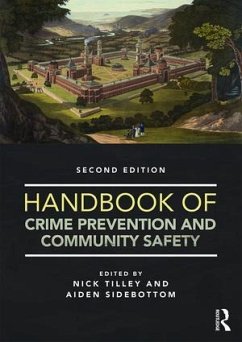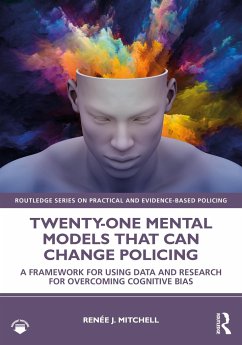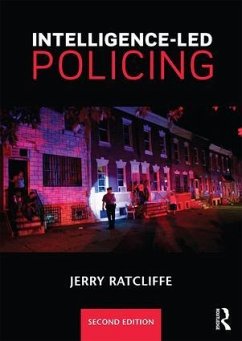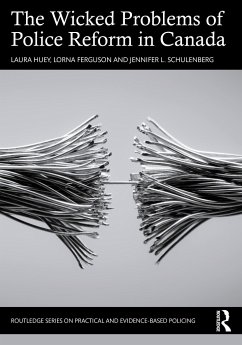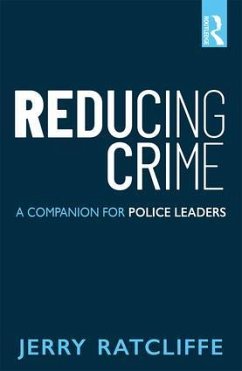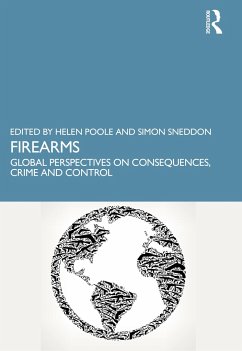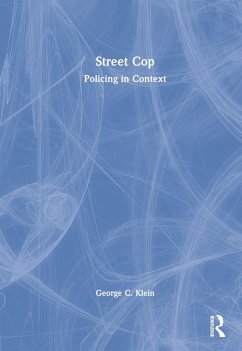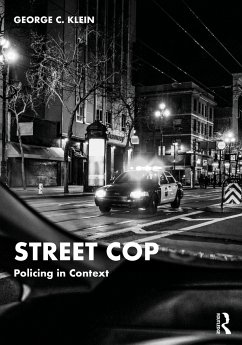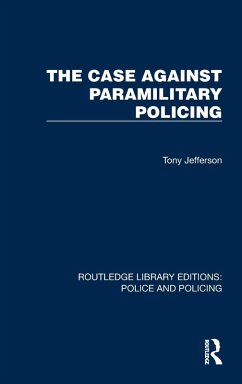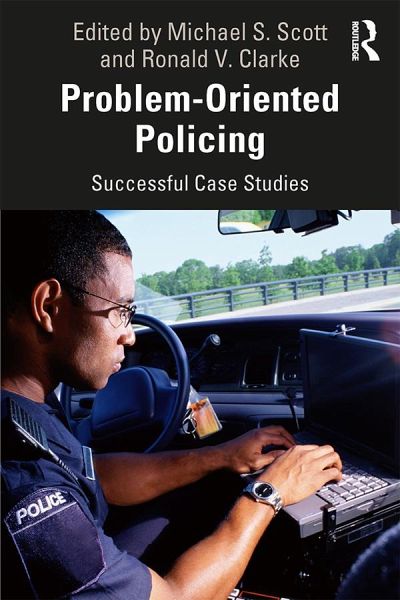
Problem-Oriented Policing
Successful Case Studies
Herausgeber: Scott, Michael; Clarke, Ronald
Versandkostenfrei!
Versandfertig in 1-2 Wochen
53,99 €
inkl. MwSt.

PAYBACK Punkte
27 °P sammeln!
Problem-Orientated Policing: Successful Case Studies is the first systematic and rigorous collection of effective problem-oriented policing projects. The volume describes in detail the case studies and explains the wider significance of each for effective, efficient, and equitable policing.






